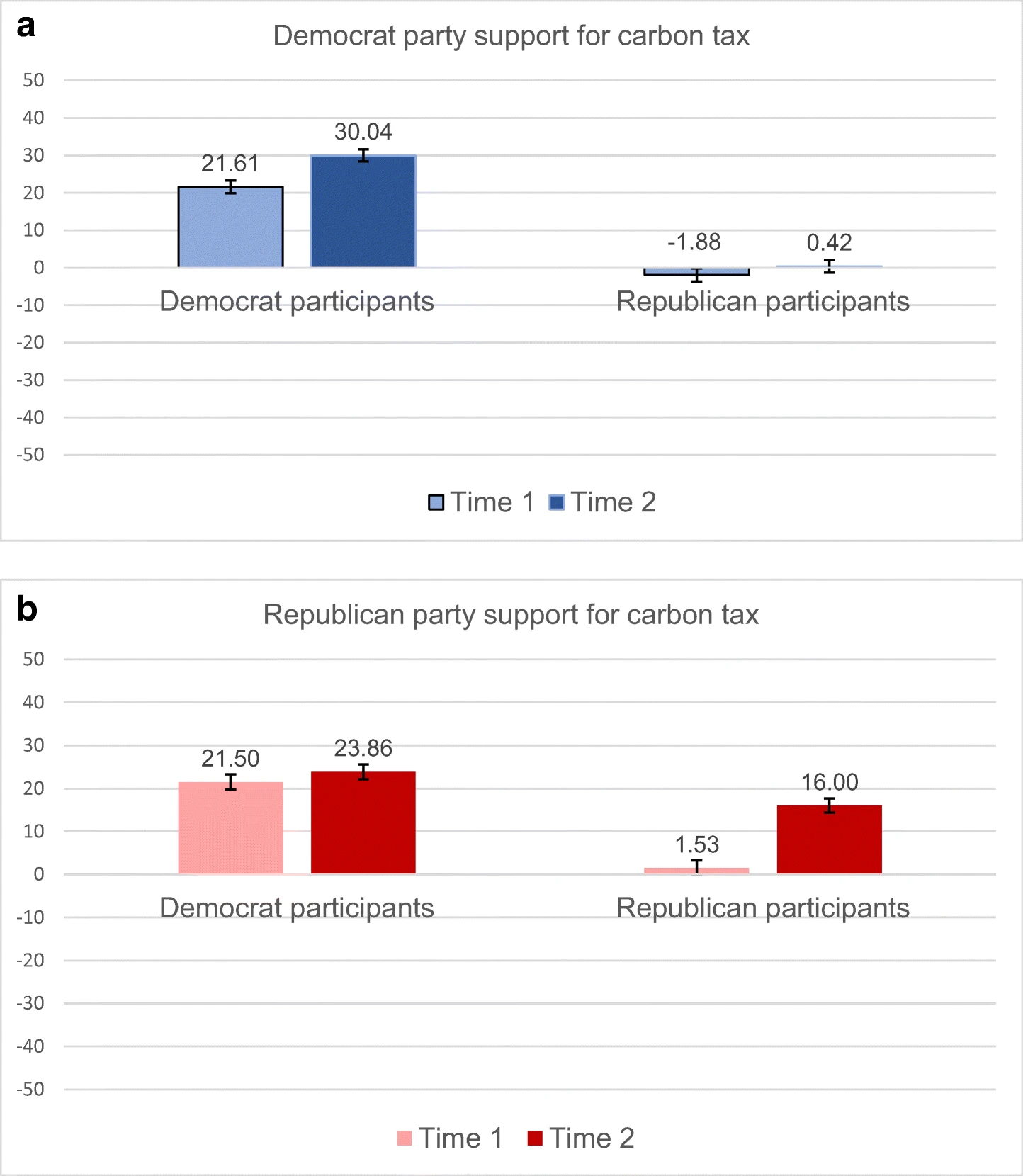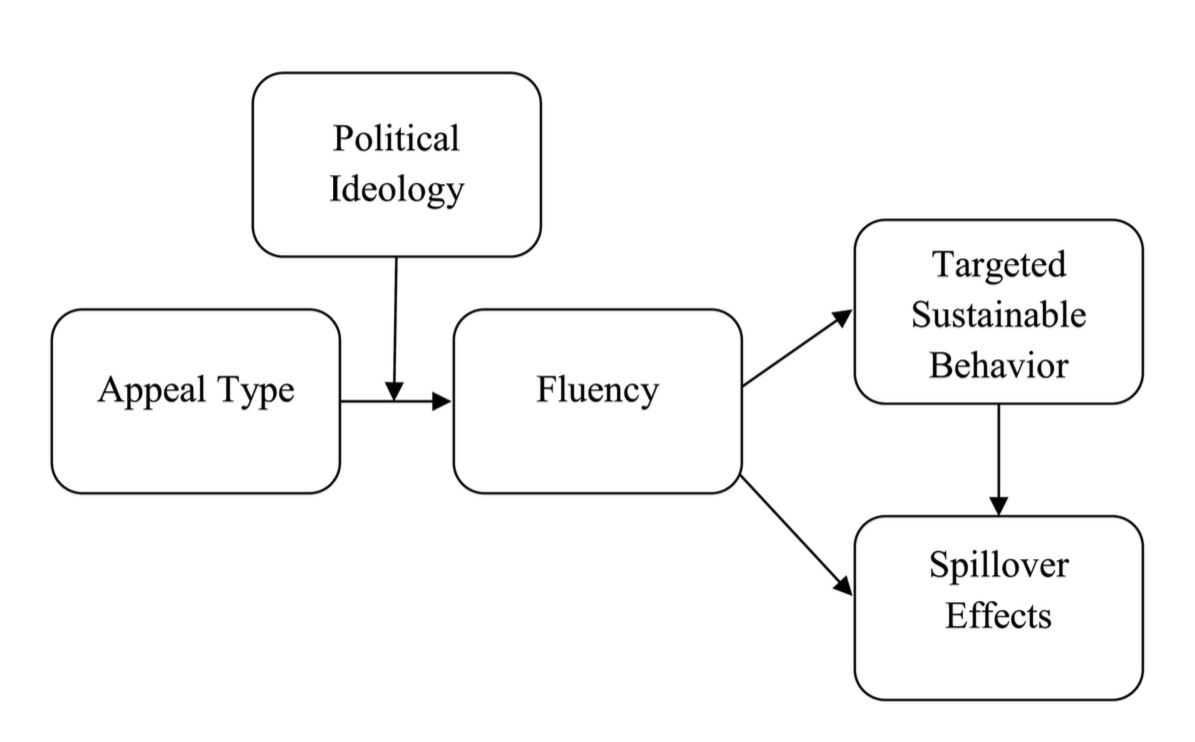Click here and press the right key for the next slide.
(This may not work on mobile or ipad. You can try using chrome or firefox, but even that may fail. Sorry.)
also ...
Press the left key to go backwards (or swipe right)
Press n to toggle whether notes are shown (or add '?notes' to the url before the #)
Press m or double tap to slide thumbnails (menu)
Press ? at any time to show the keyboard shortcuts
The Puzzle of Moral Foundations Theory
puzzle
If the evidence for cultural variation in moral psychology is at best weak,
and if the theoretical argument for moral reframing is flawed,
why does moral reframing seem to work?
1. ‘Moral convictions and the emotions they evoke shape political attitudes’
2. There are at least two fundamental domains of human morality, including harm and purity.
3. ‘liberals and conservatives possess different moral profiles’
4. ‘liberals express greater levels of environmental concern than do conservatives in part because liberals are more likely to view environmental issues in moral terms.’
5. ‘exposing conservatives to proenvironmental appeals based on moral concerns that uniquely resonate with them will lead them to view the environment in moral terms and be more supportive of proenvironmental efforts.’
‘Why does moral reframing work? The primary explanation is that morally reframed messages are influential because targets perceive a “match” between their moral convictions and the argument’ (Feinberg & Willer, 2019, p. 4).
Why does perceiving a match increase willingness to mitigate climate change?
Feinberg & Willer (2013): because it increases the probability that you will think of climate change as an ethical issue.
?
can we turn the argument around?
1. Moral reframing works
therefore:
2. Conservatives differ from liberals in placing more weight on binding foundations and less weight on individualizing foundations.
Could we explain the observed effects on attitudes and actions
without appeal to the claim that framing influences how strongly you perceive climate change as an ethical issue
(and so without invoking Moral Foundations Theory)?
candidate explanation: message source
(Fielding, Hornsey, Thai, & Toh, 2020)


Fielding et al. (2020, p. figure 1)
‘it is possible that the values framing in past studies worked because it provided conservatives with information about the source of the message: when messages aligned with conservative values, Republicans [conservatives] filled in the gaps and simply presumed that the message came from a Republican source’ (Fielding et al., 2020, p. 196).
candidate explanation: message source
(Fielding et al., 2020)

Schuldt et al, 2017
How much do you know about Pope Francis’ views on climate change? [inexact wording]
‘Do you consider climate change to be a moral or ethical issue?’
Results
‘Whereas a minority (46%) of respondents reported perceiving climate change as a moral issue in the control condition, this figure rose to 51% among those in the pope prime condition’ (Schuldt, Pearson, Romero-Canyas, & Larson-Konar, 2017).
‘the pope prime exerted a stronger effect on the moral beliefs of Republicans
‘Democrats were equally likely to report perceiving climate change as a moral or ethical issue regardless of condition’
Why does moral reframing work?
The primary explanation is that morally reframed messages are influential because targets perceive a “match” between their moral convictions and the argument in favor of the other side’s policy position’ (Feinberg & Willer, 2019, p. 4).
Evidence: Wolsko (2017)
Morally reframed messages provide cues about the source of the message, and people are more influenced by messages from members of their own ingroups.
Evidence: Fielding et al. (2020); Hurst & Stern (2020)
Why might a match matter?
1. Increases the probability of you seeing the issue in ethical terms?
2. Increases fluency of processing?

Kidwell et al, 2013 figure 1

Fluency matters for
familiarity judgements
agency judgements
surprise judgements
...

Kidwell et al, 2013 figure 1
objection
fluency might influence whether you believe
but not whether you have a moral conviction
Why might a match matter?
1. Increases the probability of you seeing the issue in ethical terms?
2. Increases fluency of processing?
Could we explain the observed effects on attitudes and actions
without appeal to cultural variation in moral concerns
(and so without invoking Moral Foundations Theory)?
moral reframing may be effective because
- it indicates a source
- it enhances fluency
- ...
can we turn the argument around?
1. Moral reframing works
therefore:
2. Conservatives differ from liberals in placing more weight on binding foundations and less weight on individualizing foundations.
!
‘Why does moral reframing work? The primary explanation is that morally reframed messages are influential because targets perceive a “match” between their moral convictions and the argument’ (Feinberg & Willer, 2019, p. 4).
Why does perceiving a match increase willingness to mitigate climate change?
Feinberg & Willer (2013): because it increases the probability that you will think of climate change as an ethical issue.
?
puzzle
If the evidence for cultural variation in moral psychology is at best weak,
and if the theoretical argument for moral reframing is flawed,
why does moral reframing seem to work?